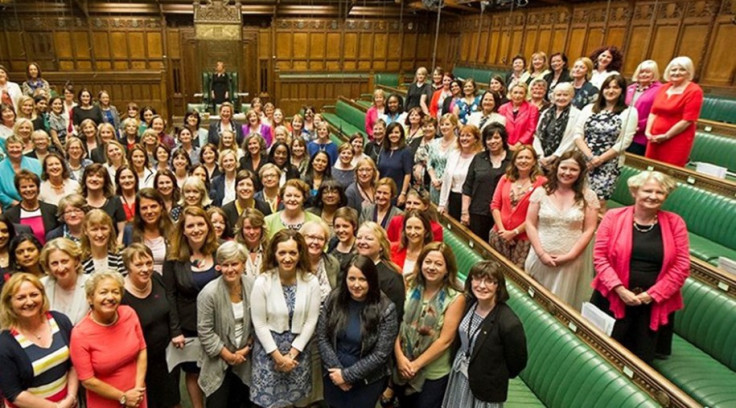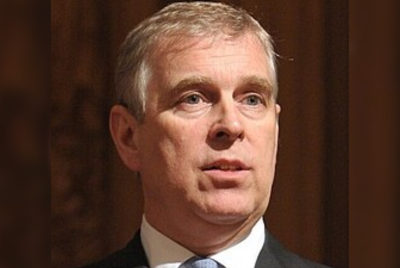First Female Chancellor and a Surge in Female MPs: How Women are Reshaping UK Politics
The new class of MPs is officially the most diverse in British history

The recent UK general election on July 4 marked a significant shift in the political landscape, with the Labour Party ending 14 years of Conservative rule in a landslide victory. Labour secured an additional 211 seats in Parliament, comfortably surpassing the 326 needed for a majority, and now holds 412 seats. The Conservatives suffered a massive loss, relinquishing 251 seats, leading to Rishi Sunak's resignation and Sir Keir Starmer's appointment as the new Prime Minister.
Significant Changes in Parliament Seats
The election brought several notable changes in existing seats. Former Prime Minister Liz Truss lost her South West Norfolk seat to Labour, highlighting the party's resurgence. Truss, who served as Prime Minister for just 49 days, faced significant criticism during her short tenure, which has impacted her political career. Similarly, Jacob Rees-Mogg, the former Conservative business secretary, lost his East Somerset and Hanham seat. Rees-Mogg has been a prominent Conservative Party figure known for his staunch Brexit stance and traditionalist views.
Defence Secretary Grant Shapps and Leader of the House Penny Mordaunt also lost their seats in Southern England and Portsmouth, respectively. Shapps, who was Defence Secretary, played a crucial role in the UK's defence strategy, while Mordaunt was a key figure in parliamentary procedures and governance. Their losses signify a substantial shift in voter sentiment and a move away from established Conservative leaders.
Advancing Women's Representation in Parliament
This election has seen a historic increase in women's representation in Parliament. Of the 650 elected MPs, 263 are women, marking a record-breaking 40% female representation; this is a significant increase from the 220 female MPs elected in 2019, reflecting a broader trend towards gender equality in politics. Among the newly elected female MPs, 93 are from the Labour Party and 22 from the Liberal Democrats.
One notable new MP is Kirith Entwhistle, the first female MP from Bolton North East and one of the new MPs of Indian descent. Entwhistle has already started addressing local issues, such as postal office closures, demonstrating her commitment to her constituents. "I am honoured to represent Bolton North East and am eager to work on behalf of my constituents," Entwhistle said in a recent interview.
Rachel Reeves: The First Female Chancellor
For the first time in British history, a woman has taken the role of Chancellor of the Exchequer. Rachel Reeves of the Labour Party, who previously served as MP for Leeds West and Pudsey, has stepped into this pivotal position. Reeves faces the challenge of tackling economic stagnation and promoting growth. She draws inspiration from Janet Yellen, the US Treasury Secretary, and her "modern supply-side economics."
Reeves's "securonomics" strategy focuses on economic resilience and security for workers. "We need to ensure that our economy works for everyone, not just the privileged few," Reeves stated in her acceptance speech. Her approach aims to create a more equitable economic environment, addressing job creation and wage growth.
Increasing Ethnic Minority Representation
The election also marked progress in ethnic minority representation in Parliament. The number of MPs from ethnic minority backgrounds has risen to 90, making up 14% of Parliament, an increase from 66 in the previous election. This number is approaching 18% of ethnic minority members in the UK population, as reported in the 2021 census. The Labour Party has 66 MPs, with the Conservatives having 15.
A New Era in British Politics
The July 4 general election is a significant milestone in UK politics, showcasing the nation's strides towards greater representation and inclusivity. The substantial increase in female MPs and MPs from ethnic minority backgrounds reflects a Parliament that better mirrors the diversity of the population it serves. The 2023 election has set new records for female participation in government, with 263 women elected as MPs, constituting 40% of the House of Commons. This increase highlights a positive trend towards gender equality and provides a stronger voice for women in legislative processes.
The rise in ethnic minority MPs to 90 members, or 14% of the total, is another step towards a more representative government. This shift brings Parliament closer to reflecting the UK's demographic composition, with ethnic minorities making up around 18% of the population according to the 2021 census. The Labour Party's substantial contribution to this increase underscores its commitment to diversity and inclusion.
Impact on Future Policies and Governance
The new composition of Parliament is likely to significantly influence future policies and governance. With a record number of women and ethnic minority MPs, there is potential for more inclusive and comprehensive policy-making that addresses the needs of a broader population segment. This diverse representation could focus on gender equality, social justice, and economic policies that benefit all citizens, not just the elite. As the new government begins its term, the impact of this historic election will unfold, shaping the future of UK politics and society.
© Copyright IBTimes 2025. All rights reserved.






















